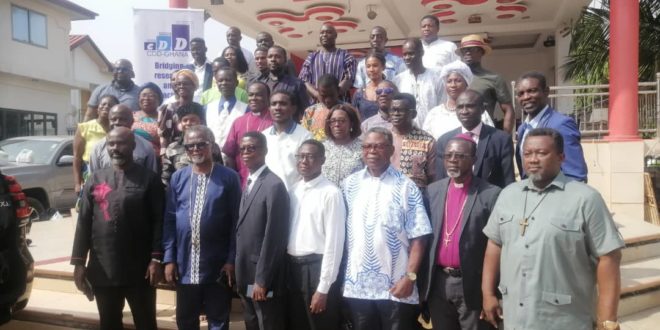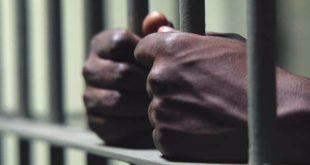Christian community members have urged for more education and involvement regarding the terms of the Ghanaian Family Values Bill 2024, which is pending presidential assent, in order to avoid needless human rights violations once it becomes law.
During a meeting with fellows of the Centre for Democratic Development (CDD) to introduce them to the provisions of the Anti-LGBTQ Bill in the Bono East Region, the clergymen, who included leaders of faith-based organizations, shared their opinions after firsthand experience with the bill’s provisions.
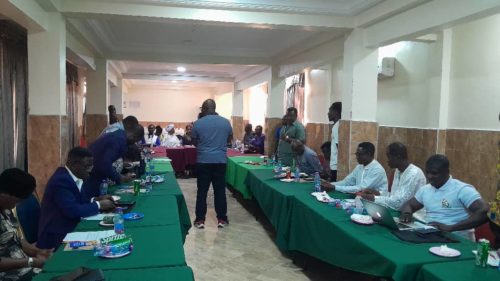
Pastors, deacons, members, and other church leaders from the Bono and Ashanti Region came together for the two-day engagement at the True Vine Hotel in Kumasi in Ashanti Region.
Religious and faith-based organizations’ concerns about LGBTQ+ rights, religion, secularism and democratic rights, human rights, the Constitution, and Ghana’s globally commitment to advance, defend, and uphold everyone’s human rights were among the subjects they discussed.
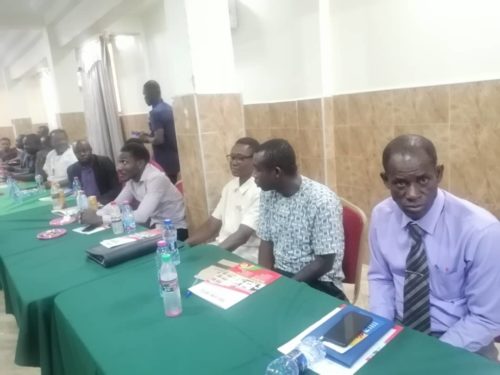
According to the CDD, the Human Rights think tank is holding a nationwide sensitization workshop, to inform stakeholders including the police, media, security personnel, clergy, and traditional authorities about the implications of enacting the bill in its current form.
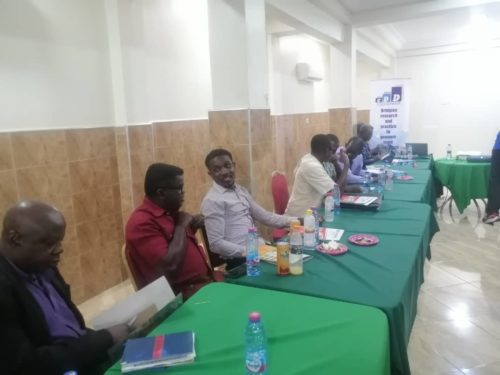
The CDD claimed that the majority of religious groups’ support for the bill, including the Christian, Islamic, and traditional leaders, stemmed from their ignorance of how the bill will affect other groups in addition to the LGBTQ+ population if it became law.
“Akuffo-Addo not signing the bill doesn’t mean he likes what the gay people do. Democracy is for majority but it is also for the protection of minority rights,” Dr. Michael Augustus Akagbor, a senior CDD program officer, stated.
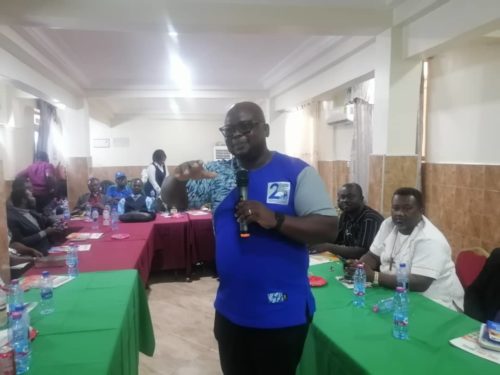
“It is surprising to note that pastors and their followers have a position on the bill yet they have not read it to understand how it will affect their own activities in the church.
“It is, therefore, necessary for the CDD which champions democracy and human rights issues to take the church (the clergy) through provisions of the bill clause by clause to enable clergy draw their own conclusion,” he noted.
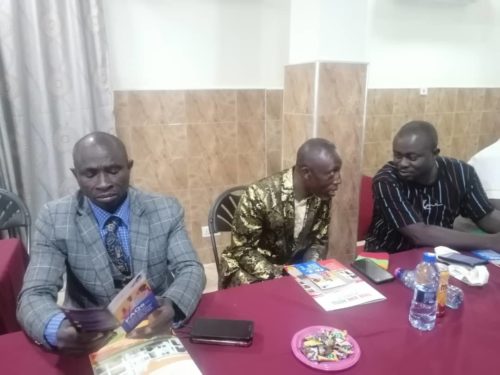
Lawyer William Nyarko the Executive Director for Africa Center for International Law and Accountability (ACILA) argued that the bill undermines fundamental human rights protected by the Constitution, including the rights to dignity, freedom of speech and association, procession participation, academic freedom, equality, and non-discrimination.
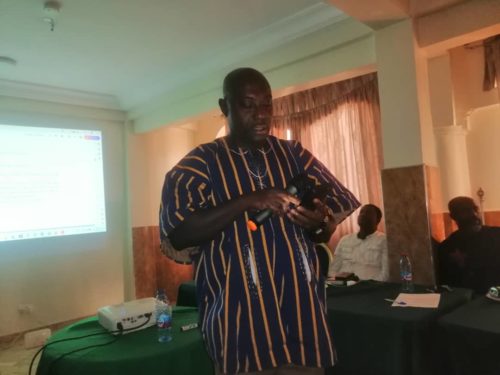
Speaking during a social dialogue with religious and faith-based leaders, focused on human rights and rights-based approach to protecting and respecting the rights of sexual minorities in Ghana, emphasized that upholding rights and freedoms is crucial to constitutional democracy.
He warned that altering these rights could jeopardize Ghana’s democratic principles, highlighting the significance of the issue for all citizens.
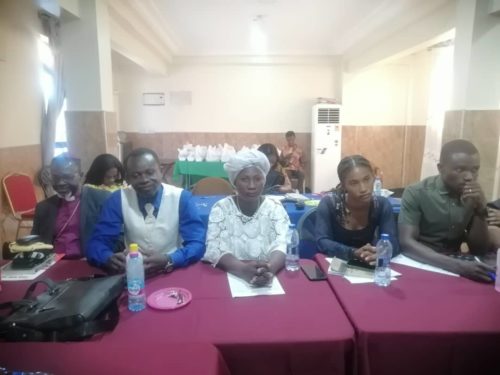
Dr James S Dzisah Associate Prof of Sociology Department of Sociology University of Ghana says the link between political secularism and freedom has created a longstanding debate. Two contrasting perspectives have emerged on the issue.
Secularization thesis and Ghana
But in Ghana, as in other parts of Africa, religion has a dual character: It is both traditional and transformative.
“In a multi-religious and ethnically diverse society like Ghana, how do we espouse religion in a democratic secular state with its attendant democratic rights” he quizzes.
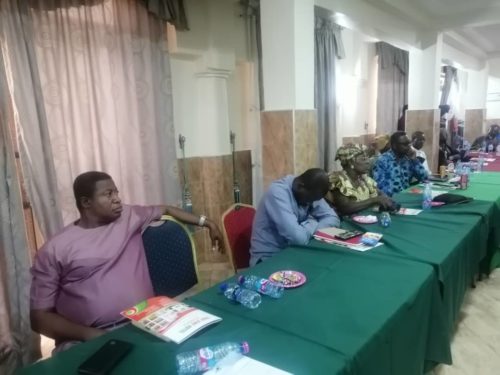
“We need religious leaders and practitioners to be aware that we are all God’s creation and cultural and social divisions are not supposed to override the love of God for all peoples” he added.
In democracy, there are regular free and fair elections, in which all members
“Democracy aims to preserve and promote the dignity and fundamental rights of the individuals, to achieve social justice, foster the economic and social development of the community, strengthen the cohesion of the society, enhance national tranquility, create a climate that is favorable for international peace” Prof Dzisah stated.
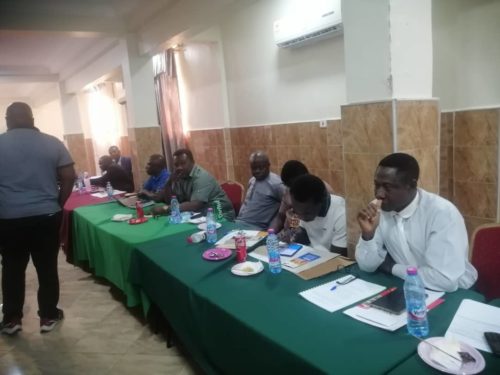
For several years, the UN General Assembly and the Commission of Human Right declares in resolution 2002/46 that essential elements include:
#Respect for human rights and fundamental freedoms, including freedom of expression, and freedom of association
#Access to power and its exercise in accordance with the rule of law
#The holding of periodic free and fair elections by universal suffrage and by secret ballot as the expression of the will of the people
#A pluralistic system of political parties and org
#The separation of powers
#The independence of the judiciary
#Transparency and accountability in public administration
#Free and fair independent media
The anti-LGBTQ bill, also known as the Human Sexual Rights and Family Values bill, was approved by parliament.
The bill outlaws LGBT activities and makes it illegal to support, advocate for, or finance them.
Anyone caught in the act faces a jail sentence of six months to three years, while those who encourage and sponsor the crime face a sentence of three to five years.
The bill’s sponsors submitted a motion for a further consideration stage of the bill prior to its passage.
Samuel Nartey George, the legislation’s main sponsor, suggested that Article 12 of the 1992 Constitution, which guarantees media freedom, be applied to paragraphs 10 and 11 of the anti-LGBT law, which deal with the editorial practices of media firms.
The law would impose prison time on anyone who engage in LGBTQ sexual behaviors and those who advocate for the rights of gay, lesbian, and other non-conventional sexual or gender identities.
The president must still approve the bill, which is among the most severe of its kind in Africa, before it can become law. However, many thinks this is unlikely before a general election in December.
Human rights advocates have referred to the “Human Sexual Rights and Family Values” bill as a human rights setback and asked President Nana Akufo-Addo’s administration not to sign it.
Source: Ghanatodayonline.com/Louis Gyamerah
 Ghanatodayonline.com News, Politics, Health, Education & More
Ghanatodayonline.com News, Politics, Health, Education & More
